FOR IMMEDIATE RELEASE
Contact: press@takebackthecourt.today
HIGH-STAKES SCOTUS CASES YOU MIGHT HAVE MISSED DURING ELECTION WEEK
As the 2022 midterms results rolled in, the Supreme Court heard two cases with huge implications for our rights and freedoms
SAN FRANCISCO, CA (November 16) — As all eyes were glued to the results of the 2022 midterm elections, the Supreme Court continued its assault on our rights and freedoms, hearing oral arguments in two cases with enormous consequences for our social safety net and for tribal sovereignty: Health and Hospital Corp. v. Talevski and Haaland v. Brackeen. Both arguments can best be summed up as three justices — Ketanji Brown Jackson, Elena Kagan, and Sonia Sotomayor — working tirelessly to protect precedent and vulnerable people. These cases serve as a stark reminder of the urgent need to add seats and expand the Supreme Court to safeguard our rights.
We’re lifting up some of the important points the justices made during arguments below to ensure these cases do not fall under the radar in the height of election coverage:
Health and Hospital Corp. v. Talevski
In Talevski, the right-wing Court is poised to take another swipe at our social safety net by rolling back legal protections for people receiving public benefits — cutting them off from legal recourse if their rights are violated, and disproportionately harming people with disabilities. During arguments…
Justice Jackson stressed the important history behind §1983, the law in question in Talevski, which allows Americans to sue when their rights are violated:
JUSTICE JACKSON: “Which, when you look at the actual history of §1983, that was precisely what Congress was doing. It was a part -- it, §1983 -- of the Ku Klux Klan Act where Congress had looked at the situation of states not giving forum, not giving a cause of action to people who were being terrorized and, instead of adopting and incorporating those principles and saying here's this new law and we're going to incorporate the common law of excluding you from the court, in fact, Congress created the right in order to allow people to go to court.”
Justice Sotomayor pointed out that allowing people their day in court when their public benefits and civil rights are violated is backed by Supreme Court precedent:
JUSTICE SOTOMAYOR: "We have a standing precedent. [...] You're asking us to overrule it. [...] You're now asking us to overturn all these programs. But neither the federal government nor the states can possibly investigate and remedy every violation of these rights that are given to people. §1983 speaks clearly. They have a judicial remedy. Why shouldn't we just respect our precedent?”
Haaland v. Brackeen
In Brackeen, the Court is threatening tribal sovereignty and the well-being of Native children as it goes after the four decades-old Indian Child Welfare Act (ICWA). Though ICWA has long been considered the gold standard for child welfare practice, the Court may gut it — opening the door for Native children to be ripped away from their families, tribal nations, and cultures in adoption and custody proceedings. During arguments…
Justices Jackson and Kagan again worked tirelessly to show the importance of ICWA for protecting tribal sovereignty:
JUSTICE JACKSON: “I mean, Congress said things like, ‘there's no resource that is more vital to the continued existence and integrity of Indian tribes than their children.’ They constantly cast regulations regarding children, Indian children, as a matter of tribal integrity, self-governance, existence. So why isn't that enough to bring it within the scope of their plenary power?”
JUSTICE KAGAN: “Well, the first thing you need for self-government is, you know, a functioning polity. And Congress is very clear in this statute that it thinks that this statute is critical to the continuing existence of the tribe as a political entity. And that's, in fact, one of the reasons it passes this statute, is the political entity is itself being threatened because of the way decisions on the placement of children are being made. So I guess I can't imagine a statute that's more wrapped up [...] in the continued flourishment of political communities.”
###
